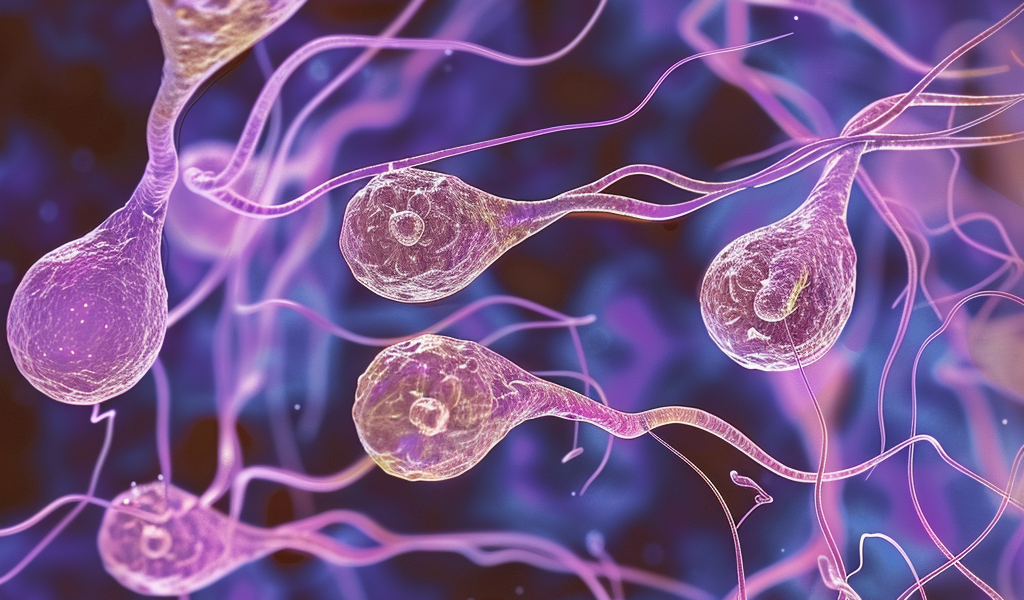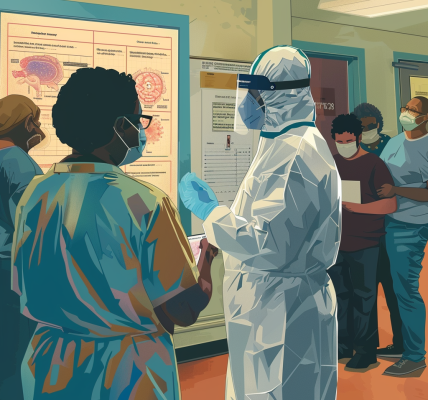Researchers at the University of São Paulo (USP) in Brazil have made a groundbreaking discovery regarding the lingering effects of the Covid-19 virus on sperm. The study revealed that SARS-CoV-2 can persist in sperm for up to 90 days post-hospital discharge and up to 110 days after the initial infection, leading to a reduction in semen quality.
As the world grapples with the ongoing pandemic, it is now well-established that the Covid-19 virus can infiltrate various human cells and tissues, including the reproductive system, with the testicles serving as a gateway for the virus. While previous research has indicated the presence of the virus in testicles, its detection in semen has been limited, often overlooked by standard polymerase chain reaction (PCR) analysis focusing on viral DNA.
To address this gap in knowledge, the researchers utilized real-time PCR and transmission electron microscopy (TEM) to identify viral RNA in semen and spermatozoa from 13 male patients recovering from Covid-19. Shockingly, the study found that the Covid virus was present in the sperm of 69.2% of the patients, highlighting the significant retention of the virus in sperm even after recovery.
Lead author Jorge Hallak, a professor at USP, explained that the sperm produced ‘extracellular traps’ resembling neutrophil extracellular traps (NETs), typically formed by white blood cells to combat pathogens. The study also uncovered a unique response where sperm engage in a self-sacrificial ETosis-like behavior to contain the virus, showcasing their role in the innate immune system.
Traditionally recognized for their reproductive functions, sperm now emerge as key players in the body’s defense mechanism against pathogens, marking a paradigm shift in scientific understanding. The implications of this study extend to assisted reproduction techniques such as intracytoplasmic sperm injection (ICSI), with Hallak advising a minimum six-month delay in natural conception and assisted reproduction post-SARS-CoV-2 infection.
These findings underscore the profound impact of Covid-19 on sexual health and reproductive outcomes, urging individuals planning to conceive to consider a ‘quarantine’ period following recovery from the virus. As the world continues to navigate the complexities of the pandemic, this research sheds light on a previously unrecognized aspect of the virus’s persistence in the human body.





